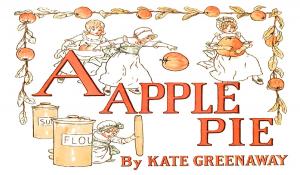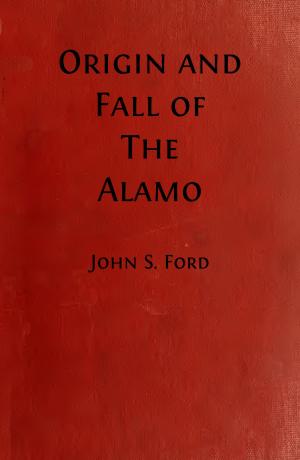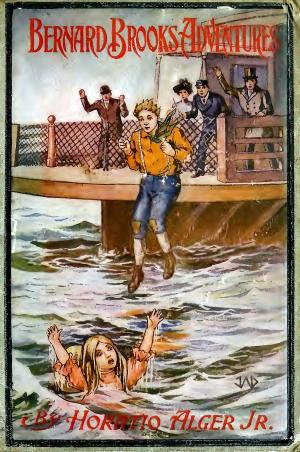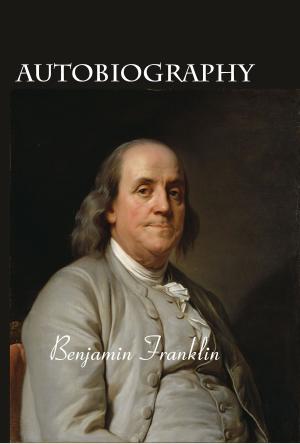Mark Mason's Victory (Illustrated)
The Trials And Triumphs Of A Telegraph Boy
Fiction & Literature, Action Suspense, Classics, Historical| Author: | Horatio Alger, Jr. | ISBN: | 1230001136272 |
| Publisher: | Steve Gabany | Publication: | May 17, 2016 |
| Imprint: | Language: | English |
| Author: | Horatio Alger, Jr. |
| ISBN: | 1230001136272 |
| Publisher: | Steve Gabany |
| Publication: | May 17, 2016 |
| Imprint: | |
| Language: | English |
Sixteen-year-old Mark Mason, a New York City messenger boy, uses his business acumen to thwart his uncle's plan to defraud Marks mother of her rightful inheritance.
Readers should be aware that there are two versions of this book -- this one, published by A. L. Burt, in 1899, and a post-1900 version published by M. A. Donohue & Co. The differences between the versions are significant: the Donohue version eliminated the last seven chapters prior to the conclusion. This resulted in a difference of some 140 printed pages -- almost half of the total! The Donohue version also eliminated four of the five illustrations contained in the Burt version.
The newer version was entitled, "Mark Mason's Triumph," and had no subtitle. The older, Burt version was titled, "Mark Mason's Victory," and was subtitled, "The Trials and Triumphs of a Telegraph Boy."
The reader should be assured that the present version, that is, the one you are currently considering, is the Burt version. It contains not only those seven "missing" chapters, but the original illustrations, as well.
This version of the book contains the six original illustration from both the Burt and Donohue editions, rejuvenated, and four additional place-, time-, and subject-relevant illustrations that are unique to this edition of the book.
Horatio Alger, Jr. (January 13, 1832 – July 18, 1899) was a prolific 19th-century American author, best known for his many formulaic juvenile novels about impoverished boys and their rise from humble backgrounds to lives of middle-class security and comfort through hard work, determination, courage, and honesty. His writings were characterized by the "rags-to-riches" narrative, which had a formative effect on America during the Gilded Age.
Sixteen-year-old Mark Mason, a New York City messenger boy, uses his business acumen to thwart his uncle's plan to defraud Marks mother of her rightful inheritance.
Readers should be aware that there are two versions of this book -- this one, published by A. L. Burt, in 1899, and a post-1900 version published by M. A. Donohue & Co. The differences between the versions are significant: the Donohue version eliminated the last seven chapters prior to the conclusion. This resulted in a difference of some 140 printed pages -- almost half of the total! The Donohue version also eliminated four of the five illustrations contained in the Burt version.
The newer version was entitled, "Mark Mason's Triumph," and had no subtitle. The older, Burt version was titled, "Mark Mason's Victory," and was subtitled, "The Trials and Triumphs of a Telegraph Boy."
The reader should be assured that the present version, that is, the one you are currently considering, is the Burt version. It contains not only those seven "missing" chapters, but the original illustrations, as well.
This version of the book contains the six original illustration from both the Burt and Donohue editions, rejuvenated, and four additional place-, time-, and subject-relevant illustrations that are unique to this edition of the book.
Horatio Alger, Jr. (January 13, 1832 – July 18, 1899) was a prolific 19th-century American author, best known for his many formulaic juvenile novels about impoverished boys and their rise from humble backgrounds to lives of middle-class security and comfort through hard work, determination, courage, and honesty. His writings were characterized by the "rags-to-riches" narrative, which had a formative effect on America during the Gilded Age.















